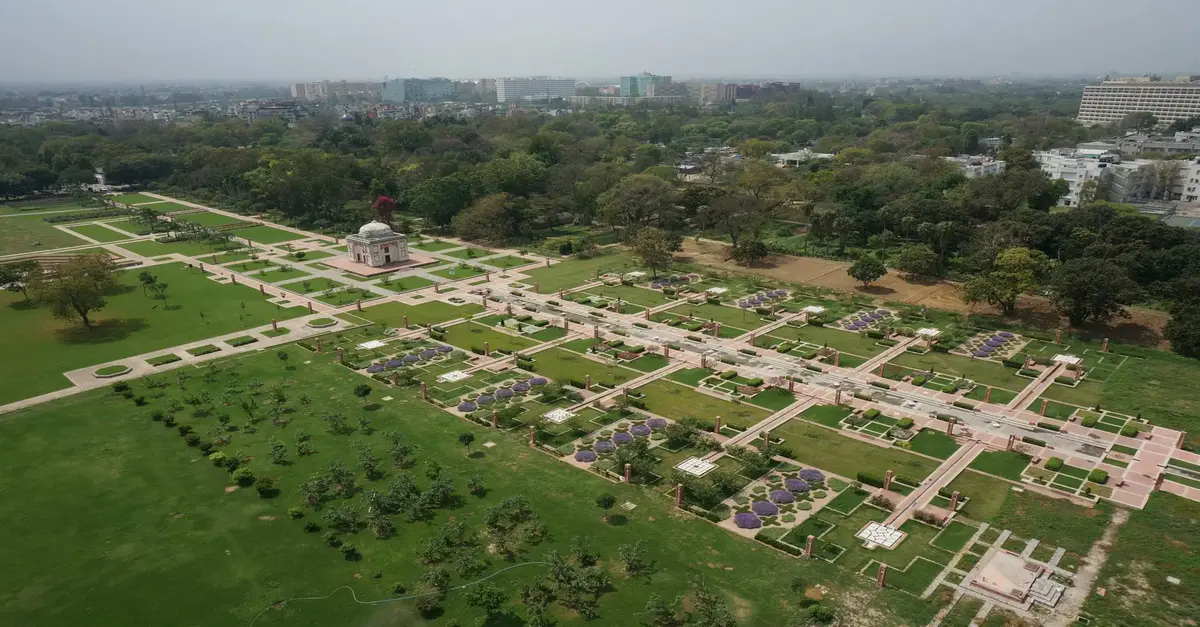INTRODUCTION:
Higher Judiciary Of India The Supreme Court of India has sounded alarm over the procedure for permitting the felling of trees in Delhi. This matter is analysed given a recent petition by Bhavreen Kandhari from Delhi who pointed out an alarming amount of deforestation in the city where between 2015 and 2021 more than 60,000 trees were cut. As for permissions, the Delhi Tree Authority (DTA), who functions under the Delhi Tree Preservation Act (DTPA), 1994, has been accused of issuing the aforementioned permissions without concrete plans for preservation. The Court’s investigation concerns the working of the DTA and its officers – and whether there are enough checks and balances.
KEY ISSUES RAISED:
Just as it details that the DTA has not provided sufficient preservation ingredients yet sanctions the cutting down of more than 60,000 trees. This has led the Court to wonder about the procedure by which the DTA and the four specified tree officers proceed. Senior Advocate Gopal Sankaranarayanan for Kandhari pointed out that the DTA had barely met eight times until May 2021. The Court is interest especially in absence of supervision and in connection with authorities in sanctioning such a large scale deforestation.
Besides, the petition also prays for a temporary injunction restraining the respondents from allowing further tree cutting in Delhi, which the Court hasn’t awarded. Instead, it is focusing on answering the question of whether there are adequate protection measures that are in place especially when it comes to undertaking the mass production of timber.
LEGAL PROVISIONS AND CONCERNS:
Under the DTPA, the functions of the DTA include the protection of trees and a rigorous assessment of proposals of urban developments. They see that the DTA has not done enough sufficiently review tree-felling proposals, which the application of Kandhari shows that trees continue to be cut by project proponents thus eradicating the green cover of the city.The Court has also sought specific responses from the DTA officers as well as the Delhi Forest Department.
CONTEMPT PROCEEDINGS AND ALLEGATIONS:
The case has got more attention because of a particular event whereby the Delhi Development Authority (DDA) cut down 1.670 trees southern ridge area contrary to the ruling of the Supreme Court. DDA had committed contempt in failing to follow the Court’s directions and all its actions were considered erroneous. The issue of the matter relates to non-compliance to legal provisions by DDA for not seeking permission to cut trees even though it has been directed to do so by the Court.
Delhi’s Lieutenant Governor V.K. Saxena has filed an affidavit claiming he was not aware that the fountainhead needed the Supreme Court’s permission to go ahead with tree cutting for a road widening project at the Central Armed Police Forces Institute of Medical Sciences (CAPFIMS). He explained that his visit to site in February 2024 was to speed up the project and that the felling had begun without his realizing that there was any legalities.
JUDICIAL OBSERVATIONS:
The Court has called for the delivery of a report from the Delhi Forest Department of the timber from felled trees and the manner in which they were dealt with. This case also reveals that, there should be, at least, proper co-ordination between the authorities like DDA, DTA & the Forest Department to get legal clearance while the Tree preservation & any Urban Development projects.
CONCLUSION:
Supreme Court’s scrutiny has disclosed serious concerns about dumping Delhi’s fast-growing urban forest cover through observing the tree-felling permissions given under the DTA. The Lord Court of Appeal’s questioning of the procedural deficiencies in the award of tree cutting permits alongside its apprehension to absence of measures to minimize irregularities both point to the desirability of enhanced environmental regulation. The case also presents current conflicts between growth in urban infrastructure and the stewardship of natural landscapes in New Delhi, and the increasing demand for an integration of effective policies regarding air quality and equality.
“PRIME LEGAL is a full-service law firm that has won a National Award and has more than 20 years of experience in an array of sectors and practice areas. Prime legal falls into the category of best law firm, best lawyer, best family lawyer, best divorce lawyer, best divorce law firm, best criminal lawyer, best criminal law firm, best consumer lawyer, best civil lawyer.”
WRITTEN BY: VAISHNAVI KUMARI


